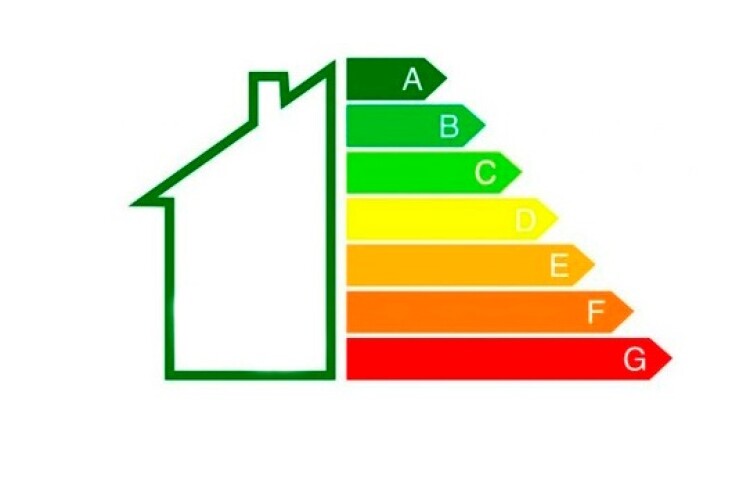This post was originally published on this site
https://www.theconstructionindex.co.uk/assets/news_articles/2023/08/1691568167_epc.jpgThousands of homeowners taking advantage of government grants for energy efficiency improvements in recent years have had their homes blighted by inappropriate solid wall insulation causing mould and damp because of lack of ventilation.
The scale of the problem was revealed by the government in January this year when it suspended 39 firms from installing insulation under these schemes. It has since been investigating further.
Peckham MP Miatta Fahnbulleh is minister for energy consumers. She said last week that the potential scale of non-compliant solid wall insulation (SWI) installed under the Energy Company Obligation 4 (ECO4) scheme and the Great British Insulation Scheme (GBIS) “points to a systemic failure with these schemes”.
She said: “We have taken immediate action to improve the oversight of installations whilst we bring forward root and branch reforms on the wider consumer protection system.”
In a statement to the House of Commons, she said: “Since January, my department has been working with Ofgem, TrustMark, Certification Bodies,and others within the oversight regime to understand the scale of these issues. The statistically representative audit programme is due to complete later in the summer, and results will be published in the autumn. However, the preliminary evidence from these audits suggests that a majority of properties that have had solid wall insulation measures under these schemes have not had these installed to the appropriate standard. Some instances of poor quality work, including inadequate ventilation or roof-line extensions, could over time lead to issues like damp and mould. This scale of non-compliance is unacceptable and consumers will understandably be concerned.”
Since January, Ofgem has contacted all 60,000 consumers that have had solid wall insulation under both schemes, she said.
“Thousands of households have already had on-site checks conducted and where issues have been identified, installers have been asked to remediate these,” she said. “To date, 90% of the poor-quality installations that were identified in the initial audits conducted by Trustmark have been remediated. However, there is significant work to do to remediate all households that are potentially impacted. We expect all installers to continue to demonstrate their commitment to ensuring households receive timely and high-quality remediation of any non-compliances identified. Where the responsible installer has gone out of business, we encourage consumers to reach out to their guarantee provider.”
An updated standard, PAS 2035/2030:2023, which came into force on 30th March 2025, has introduced a requirement for retrofit coordinators to conduct site visits as well as raised the qualification standards for retrofit designers.

But more reform is promised…
“We are clear that we will need to go much further,” the minister said. “We will be engaging with energy suppliers, certification bodies and installers over the coming weeks to put in place further steps to minimise the risk of further poor-quality installs and to accelerate the ongoing remediation process, ensuring that installers meet their responsibilities to remediate any non-compliant work.
“Finally, it is clear that an overhaul of the retrofit system and the consumer protection landscape is urgently required. This is being brought forward as part of the government’s Warm Homes Plan in autumn. Reforms will consider how we certify the competence of installers working to upgrade homes and provide a clear system of oversight, redress and guarantees for when work goes wrong. This will support higher quality installations and greater consumer confidence in retrofit measures.
“To ensure we get this right, I am convening an expert panel to advise the government as we develop and implement these reforms. This panel will have expertise from across consumer groups and the construction sector.”
The Retrofit System Reform Panel has been established by the Department for Energy Security & Net Zero (DESNZ) to gather insight from industry, regulatory and consumer protection experts to support the development of options to reform retrofit consumer protection.
The panel is comprised of:
- Adam Scorer, chief executive, National Energy Action
- Gillian Cooper, director of energy, Citizens Advice
- Anthony Pygram, member of the Committee on Fuel Poverty
- Marion Baeli, principal, sustainability transformation, Egis
- Hywel Davies, head of insight, Chartered Association of Building Engineers (CABE)
- Lynne Sullivan, chair, National Retrofit Hub
- Charlotte Lee, chief executive, Heat Pump Association
- Brian Berry, chief executive, Federation of Master Builders.
The panel will meet every six weeks for an initial 12 months.
Got a story? Email [email protected]


